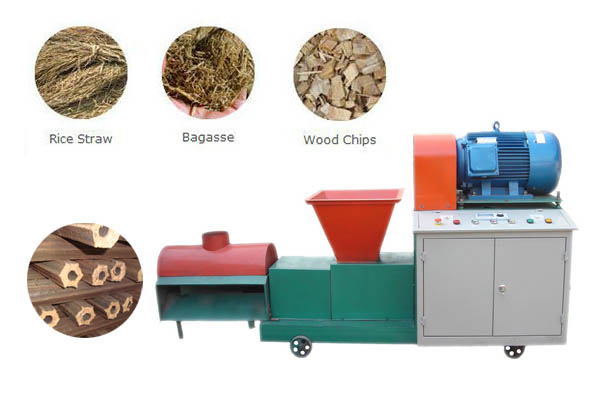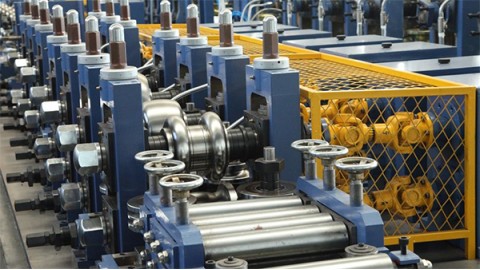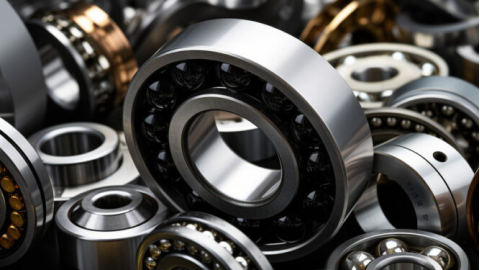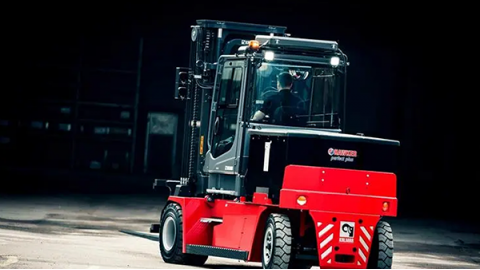Top 10 Biomass Briquette Machine Factories in China
Biomass briquette machines turn agricultural and forestry waste into high-density, uniform fuel blocks. These briquettes are a sustainable alternative to fossil fuels. They help reduce carbon emissions and manage waste. China is a global manufacturing hub for high-quality biomass briquette machines. This list ranks the top 10 factories based on production capacity, innovation, product quality, and global market presence.

How Biomass Briquetting Works
Biomass briquetting uses high pressure and heat. It compresses materials like wood chips, rice husks, and straw into solid blocks. There are three main machine types: screw press, piston press, and hydraulic press. Each type suits different raw materials and output needs. Key machine parts include the motor, reducer, mold, and heating system. These parts affect efficiency and durability. The process has four steps: preparation, drying, compression, and cooling. Optimizing these steps increases output. Briquettes have high energy density. They are easy to store and transport. They also cut environmental pollution. Look for ISO 9001 certification. It ensures quality and safety standards. Regular maintenance like cleaning molds and lubricating parts extends machine life.
How to Choose a Factory
Consider these factors when selecting a factory. Check production capacity (daily or yearly output). Review automation levels: manual, semi-automatic, or fully automatic. Customization options are important. Innovation matters. Look for smart control systems like PLC or touch screens. Energy-efficient designs lower power use. Material quality is critical. High-strength alloy steel molds last longer and need less maintenance. evaluate the factory's R&D capability. Partnerships with universities or research institutes show a commitment to innovation. After-sales service is key. This includes installation training, warranty (usually 1-2 years), spare parts supply, and global technical support. Read customer reviews and case studies. They verify machine performance in real applications. Ensure environmental compliance. Machines should meet CE certification or local emission standards.
The Top 10 Factories in China
1. Henan Hongji Machinery Manufacturing Co., Ltd.
Hongji specializes in large industrial briquette machines. Their output reaches up to 5 tons per hour. These machines are for big biomass energy projects. They offer screw and hydraulic press types. Features include automatic lubrication and wear-resistant molds.
2. Shandong Yulong Machine Co., Ltd.
Yulong is known for innovative designs. Their twin-screw briquette machines boost efficiency and cut energy use. They provide custom solutions for materials like rice husk and palm shell.
3. Jiangsu Zhengchang Group
Zhengchang has over 30 years of experience. They produce fully automatic briquetting lines. These integrate drying and cooling systems. The company emphasizes sustainability. They use recycled materials in machine parts.
4. Guangzhou Dirui Bio-energy Equipment Factory
Dirui focuses on the export market. Their machines meet international standards like CE. They serve clients in Europe and Southeast Asia. The product range includes small household units and industrial equipment.
5. Hebei Furunde Machinery Technology Co., Ltd.
Furunde offers cost-effective piston press machines. These are ideal for small and medium businesses. Output is 1-2 tons per hour. They highlight user-friendly design and local technical support.
6. Zhejiang Shuangyou Machinery Group
Shuangyou develops high-tech briquette machines. They feature IoT monitoring for remote diagnostics and optimization. The company focuses on wood chips and straw briquetting. Their machines are highly efficient.
7. Sichuan Yalian Machinery Stock Co., Ltd.
Yalian is famous for robust hydraulic presses. These handle high-moisture raw materials. They have built-in drying units. The company provides full training and maintenance services.
8. Beijing Tiantai Biomass Energy Equipment Co., Ltd.
Tiantai prioritizes research and development. They partner with universities to create low-carbon tech. Their machines use 20% less energy. Products include mobile briquette machines for on-site operation.
9. Shanghai Kunkun Mechanical Equipment Co., Ltd.
Kunkun makes multi-functional briquette machines. They process various biomass wastes. Output density is adjustable. The company has a strong after-sales network. It covers over 50 countries globally.
10. Linyi Zhenyuan Machinery Manufacturing Factory
Zhenyuan offers budget-friendly solutions. Their machines have simple structures for easy maintenance. They are perfect for startups. The factory focuses on converting agricultural waste. This supports rural energy projects.
Real-World Applications and Success Stories
A Chinese agricultural cooperative uses a Shandong Yulong machine. They turn rice husks into fuel. This reduces waste disposal costs and creates extra income. A palm oil plant in Southeast Asia imports Henan Hongji's industrial press. It achieves energy self-sufficiency and cuts carbon emissions. A European biomass power plant uses Jiangsu Zhengchang's automatic line. It boosts production efficiency and meets green energy standards. An African project employs Guangzhou Dirui's small machine. It processes crop residues to provide cooking fuel for local communities. Zhejiang Shuangyou's IoT machine enables remote monitoring. It reduces downtime and optimizes operational costs. Sichuan Yalian's machines perform well in high-humidity areas. They adapt to conditions and deliver stable output. Customers praise Hebei Furunde's machines for reliability. They require little maintenance over years of operation.
Future Trends and Industry Outlook
Automation is the future. AI will enable predictive maintenance and raw material optimization. New materials like composite molds will extend machine life. Renewable energy-powered machines, such as solar-driven units, will reduce carbon footprints. The circular economy is gaining importance. Briquette machines support waste-to-resource conversion. This aligns with global sustainability goals like the UN SDGs. China's market grows due to government policies. Renewable energy support and rural development initiatives drive demand. Export demand is also rising. Technical innovations will include modular designs for easy upgrades. Multi-functional machines will handle diverse biomass types. Challenges exist, like fluctuating raw material supply. Competition from other renewables is another factor. But briquette machines offer cost benefits and wide application. Global adoption will increase, especially in developing countries. They address energy poverty and environmental issues.




